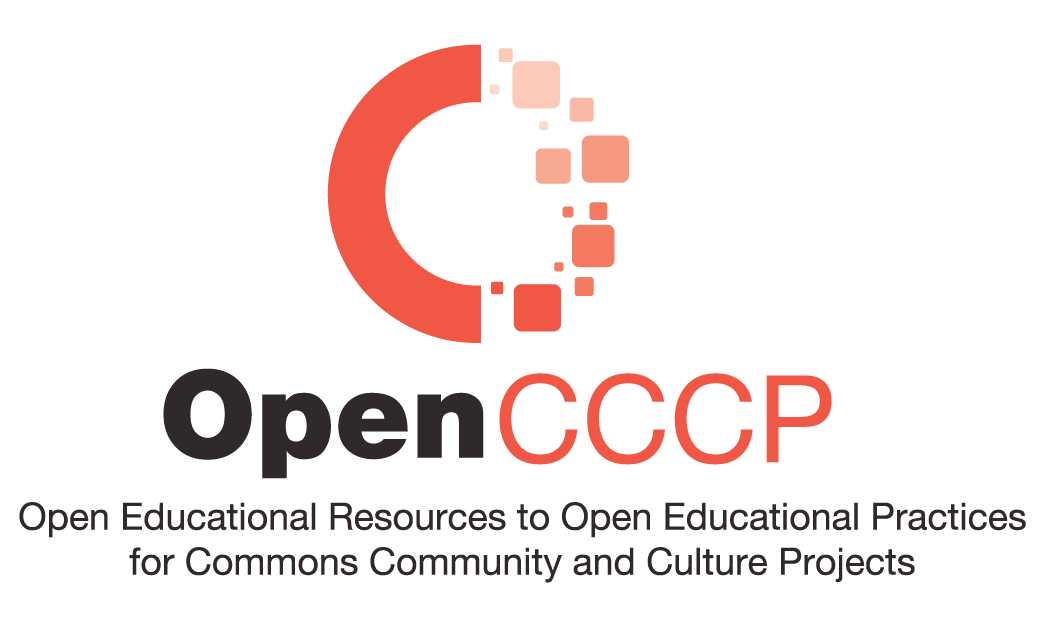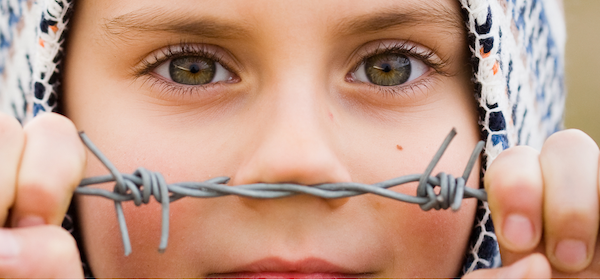Download PDF
This document proposes a model of learning from the practices developed by professionals in community work in disadvantaged environments or neighbourhoods. The model, referred to as a learning framework, emerges from the experience of several organisations. It uniquely attempts to bridge the gap between free and open educational resources available often online, and initiatives that express the real and present concerns of a community.
Prevalcool
The project Prevalcool came as a response to the phenomenon of alcohol abuse in Romania and targets the rural communities in the North East region. Through partnerships closed with the public health services in the region, the project directly approaches
Border Management
The action contributes to the development of the capacity of public institutions in charge of defending fundamental rights and freedoms of citizens, private and public property and, the prevention and investigation of crimes, including cross-border crime, border traffic management, prevention
Children from residential care – from risk to prosocial opportunities
The project aimed to develop an educational program for the development of anger management abilities for youths. It included several phases – evaluation of needs, development and a testing – and involved professionals (educators, social workers and psychologists) from the
Career Guidance for Youth – Investment in the Future (A.C.T.I.V.)
The scope of the program is to keep the children from small towns and rural areas in school to complete at least 10 years of compulsory education and to help them engage in postsecondary education or to pursue other career
Teatro Mediterraneo Occupato (TMO)
TMO is an experience of participatory and shared management begined in 2013 from the occupation of Pavillon 1 of “Fiera del Mediterraneo” (fair structure closed since 2007). It was started by a group of cultural operators, youth students and citizens
Open Vicoli
The local actors and stakeholders, mostly the local priest and the religious community of the parish, local activists and third sector actors, work together with the residents to develop the community and finance the socio-educational activities, with a specific attention
Danisinni Community Space
All the spaces of the community are open to the inhabitants of the area, most of them facing precarious living conditions and socio-economic problems. In the last two years many activities and services have also been opened to a general












